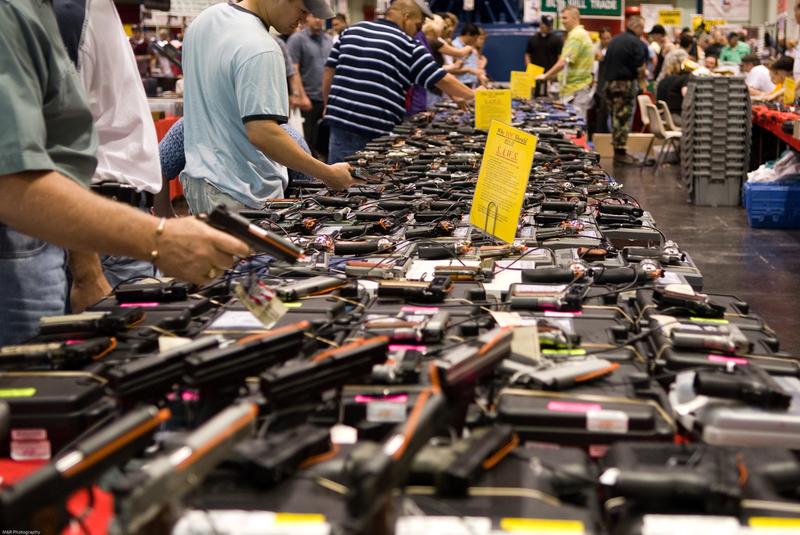
The Sutherland Springs, Texas, church shooting has reawakened a national discussion over limiting gun access for people living with mental illness. New York is one of the few states to already do just that. The New York State SAFE Act "stops criminals and the dangerously mentally ill from buying a gun." The law was passed in 2013 following the Sandy Hook Elementary School shootings in Newtown, CT.
To some New York residents concerned about gun safety, the law felt like a no-brainer. But to mental health advocates, like Kinsey McManus of the National Alliance on Mental Illness NYC, restrictive gun laws for people with mental illness fail to protect communities, at best; at worst, they further endanger an already marginalized population.
"People living with mental illness are just about as likely to commit violence as the general population," McManus said.
Between 2013 and 2016 mental health providers, in adherence to the SAFE Act, reported more than 85,000 New Yorkers to the state Office of Mental Health and the New York Department of Criminal Justice Services. The reports included a retired police officer who went to a Long Island hospital complaining of insomnia. A week later sheriff's deputies confiscated his guns.
McManus said that only about half of people living with mental illness seek treatment. She worries that the SAFE Act scares people away from seeking mental health care; that they fear being deprived of their rights.
"What do I say in treatment?" she said some gun owners ask themselves. "What do I say in therapy? Maybe I don't even want to go."
McManus said mental illness is an easy scapegoat for politicians needing to look like they are dealing with gun violence.
"And mental illness is for many a really easy way to try to figure out how to understand these very serious violent experiences within our population," she said, "because, you know, what else do we call it?"
She suggested that the state should look into other factors behind mass shootings, such as gender, age and past histories of violence.
A bill to limit the SAFE Act is currently in committee in the New York State Senate.
